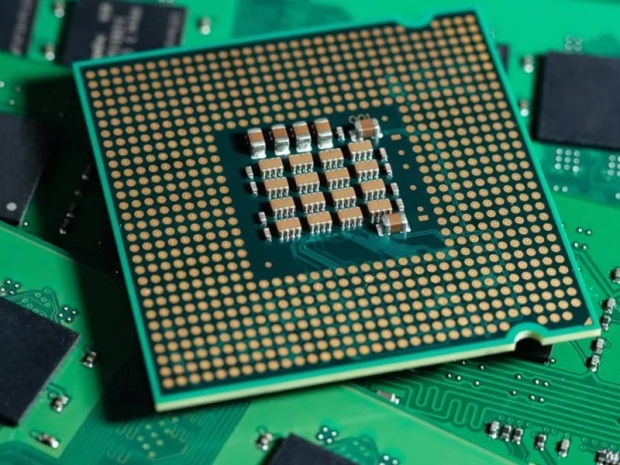For those who came in late, RISC-V was developed in the US and provides a foundation for myriad chips that handle computing chores. RISC-V essentially provides a kind of common language for designing processors that are found in devices like smartphones, disk drives, Wi-Fi routers and tablets.
RISC-V has ignited a new debate in Washington in recent months about how far the United States can or should go as it steadily expands restrictions on exporting technology to China that could help advance its military.
This is because RISC-V, which can be downloaded from the internet for free, has become a central tool for Chinese companies and government institutions hoping to match US prowess in designing semiconductors.
Last month, the House Select Committee on the Chinese Communist Party -- in an effort spearheaded by Representative Mike Gallagher, Republican of Wisconsin -- recommended that an interagency government committee study the potential risks of RISC-V.
Congressional aides have met with members of the Biden administration about the technology, and lawmakers and their aides have discussed extending restrictions to stop US citizens from aiding China on RISC-V, according to congressional staff members.
Representative Raja Krishnamoorthi of Illinois claimed the Chinese Communist Party was "already attempting to use RISC-V's design architecture to undermine our export controls. ",
He added that RISC-V's participants should be focused on advancing technology and "not the geopolitical interests of the Chinese Communist Party."
We would have thought that protecting industry from competition was the sort of thing that socialists do, this does seem to be an attempt to protect US chipmakers from Chinese competition. After all, if the US chipmakers were putting out a product that everyone wanted, at a reasonable price, they would have nothing to fear from Chinese competition.
Arm Holdings, a British company that sells competing chip technology, has also lobbied officials to consider restrictions on RISC-V.
Biden administration officials have concerns about China's use of RISC-V but are wary about potential complications with trying to regulate the technology, according to a person familiar with the discussions.
The debate over RISC-V is complicated because the technology was patterned after open-source software, the free programs like Linux that allow any developer to view and modify the original code used to make them. Such programs have prompted multiple competitors to innovate and reduce the market power of any single vendor.

